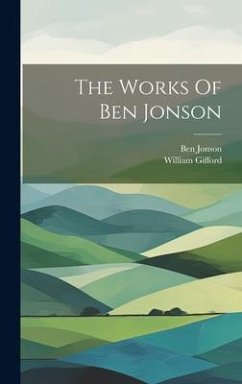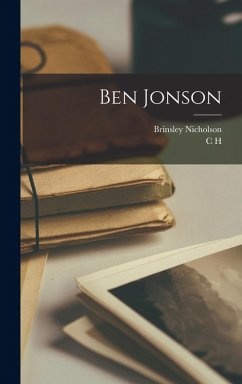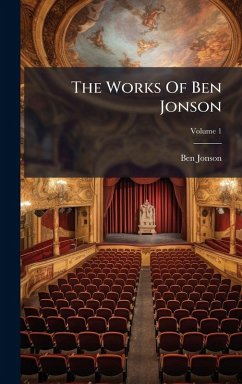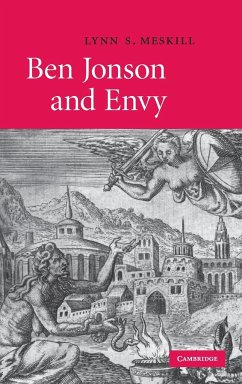
Ben Jonson - Plays - Complete Collection - Vol I

PAYBACK Punkte
22 °P sammeln!
This edition of Ben Jonson's Plays is complete in two volumes. This is Volume One. Contents: Vol 1: Cynthia's Revels (1600) Epicoene (1609) Every Man in His Humour, first version (1598) second version (1601) Every Man out of His Humour (1599) The Poetaster (1601) Sejanus (1603) Vulpine (1605). At the end of each volume is a glossary.Keywords: Bartholomew Fair Every Man Humour Sejanus Sad Shepherd Ben Jonson Magnetic Lady Vulpine Revels Alchemist Staple Cynthia Vol 1 Conspiracy Devil Glossary












